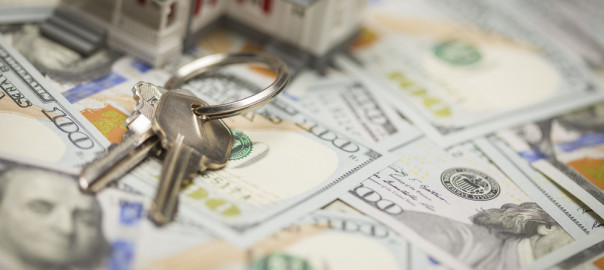Never Evaluate An Investment Based Solely On Price
By Paul Esajian on January 24, 2014
A good real estate investor can make the same percentage of return on a $50,000 property as they can on a $200,000 one. The returns may not be the same, but the percentage can be higher on the right property. There is a large segment of investors that will not go near inexpensive properties, fearing once they dig a little deeper they will find all sorts of problems. However, this is true regardless of the purchase price. You have the same chance of finding mold in the finished basement of a $300,000 house as you do in a less expensive one. Never evaluate an investment based solely on price. Look at the bigger picture before you come to any conclusions.
What price points you look at for your properties will be largely based on your investing goals. If you are just starting out and want to get a feel of what buy-and-hold real estate is all about, you can cut your teeth on an inexpensive duplex. If you are looking to make more money or have more to invest, you may feel more comfortable less expensive properties. Every investor has a different strategy, but if you get in the habit of dismissing properties based solely on price you will quickly run out of properties to look at.
Getting ahead of the market and buying where there is less demand are considered to be the keys of the housing sector. With an inexpensive and beat up property, there may be an opportunity to get a deal on a property that other investors wouldn’t go near. Appearance is important when you are selling to an end buyer, but on the investment side, the beat up property may work in your favor. If other investors pull up to the property and see a rotting porch or smell urine when they walk in, the demand will be far less and this can be an opportunity to get a property at a severe discount.
Once you have scouted out a property, run the numbers and see if they make sense. If you are working with smaller numbers, your returns will be less, but you should base the strength or weakness of a property on its percentage returns. If the cash flow or cash on cash return is there, you will have a property that is good for your portfolio. Appreciation should not be your main goal if you are looking to hold, but this could be an added bonus if you are willing to put some work in and wait a few years. With your lower purchase price, you will have more room to appreciate upwards. Some areas are simply capped at how high they can go, regardless of how low you buy the property for.
You can have a price range that you want to keep your purchases in, but make sure that range is broad. You don’t want a few thousand dollars keeping your from buying a property that would otherwise fit what you are looking for. Price is certainly important over the course of the year, but when looking at individual properties, don’t judge a property strictly based on price alone.